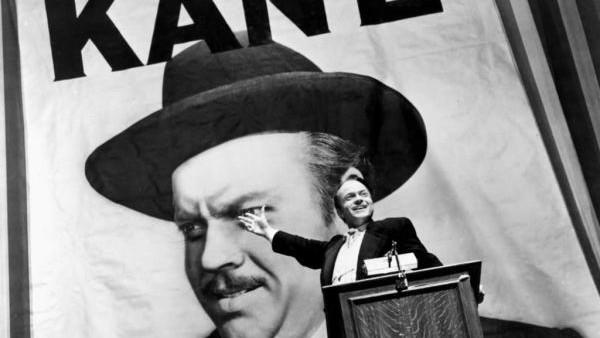10 Movies That Blatantly Troll The Audience
7. Citizen Kane

How can a movie considered one of the best ever made (if not the best) be an example of trolling? Orson Welles was just that good at baiting his audience that people actually applauded him for it. The plot of Citizen Kane is driven by a reporter trying to figure out what Charles Foster Kanes dying word, Rosebud, actually means.
As has been pointed out by critics for decades, the revelation that Rosebud was Kane's childhood sled doesn't actually provide a satisfying answer to the questions the reporter was seeking throughout the movie. While many feel it was Kane lamenting for a happy, normal childhood, as famed film critic Roger Ebert once said the revelation explains everything, and nothing.
After all, even the reporter in the movie concludes, I don't think any word can explain a man's life. Welles himself even dismissed "Rosebud" as just a gimmick to get the plot moving and regretted that people saw the sled as a psychological key to Kane's entire life. While it's common for films of today to end ambiguously, movies of the Golden Age of Hollywood typically did not leave any loose ends.
As a result, 1941 audiences sat through two hours of Citizen Kane expecting that the reveal of "Rosebud" would answer all of the questions about Kane's life decisively. It's some prime-level trolling when Welles doesn't give a clear answer to the mystery of his movie and viewers still feel satisfied with the revelation and praise him as a genius.